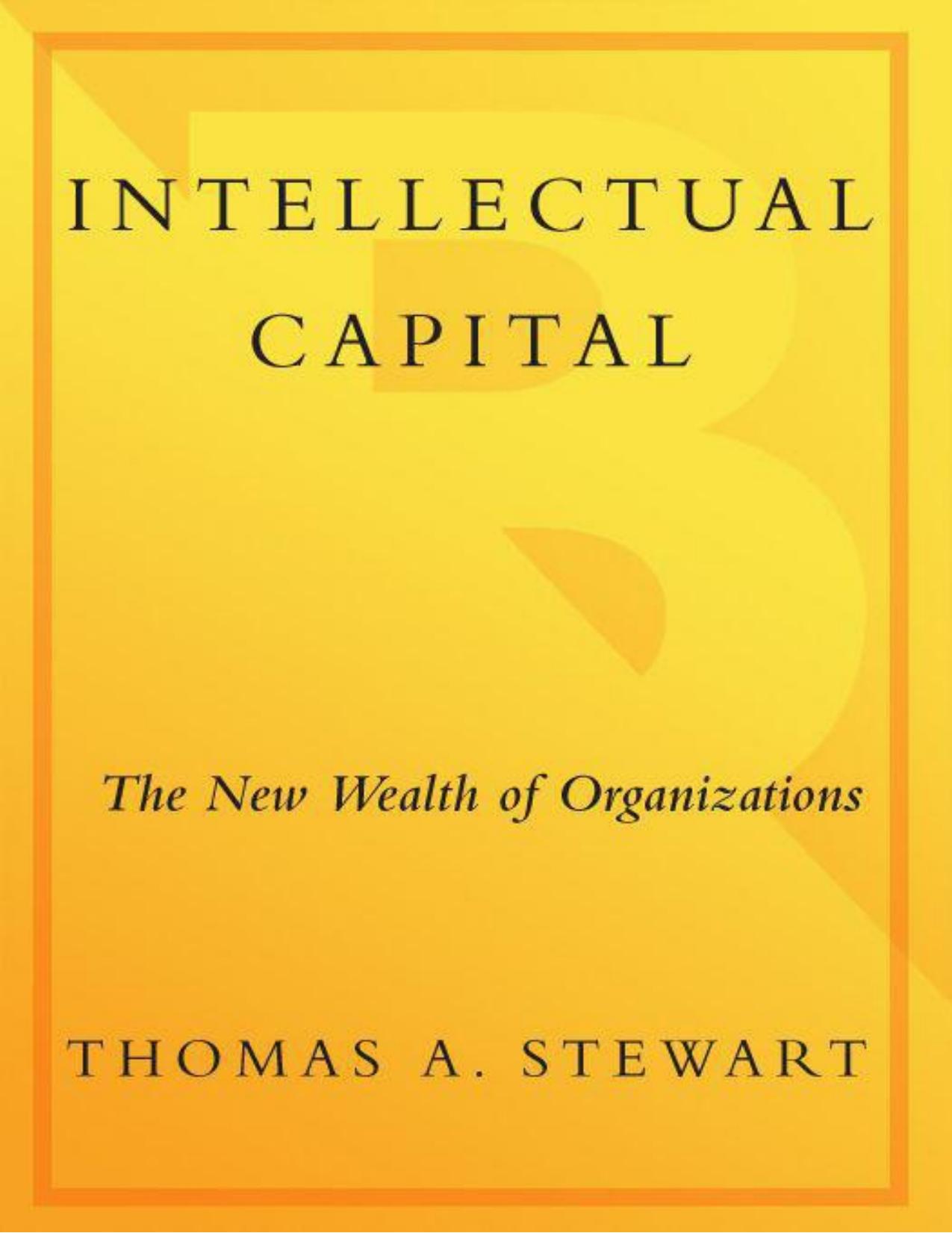Intellectual Capital: The New Wealth of Organizations by Stewart Thomas A

Author:Stewart, Thomas A. [Stewart, Thomas A.]
Language: eng
Format: epub, pdf
Publisher: Crown Business
Published: 2010-09-21T14:00:00+00:00
How to Escape the Old Trade-off: Speed Versus Expertise
Think of the words “structure” and “organization.” What comes to mind? This, probably:
The grand old functional organization has so many critics that it is important to remember that it has many virtues. With its unambiguous lines of communication and control, the functional organization made clear who was responsible for what. The specialization of labor, and the organization of specialists into tightly supervised departments of finance, manufacturing, sales, etc., delivered a high degree of reliability. If the functional organization tended to become rigid and did not adapt well to change, those were not bad attributes for an economy of mass production, where competitive advantage and added value came from producing or delivering huge quantities of identical, inexpensive goods or services. Not inappropriately, customers are an afterthought in traditional organizational design: Only the sales force—represented above by the striped box—deals one-on-one with customers; the essence of its job is to rustle up buyers for what the company has already made.
Companies had good reasons for draining away corporate staff and several acre-feet of middle management, but there were babies in that bathwater: graybeards who’d seen it all, meddling staffers who occasionally—admit it—saved your hide; above all, layers of supervisors whose expertise and accountability for the work of their staff acted as a brake on wayward enthusiasm. For those contributions, companies paid a price in adaptability and speed. The process was costly and cumbersome (what experts call “a pain in the ass”). “The vertical processing of information”—up the chain of command, across, and down again—is “the slowest cycle in any organization,” says Jim Manzi, who championed Lotus Notes when he was CEO of Lotus and now runs Nets Inc., a company that has created a virtual marketplace on the World Wide Web where business-to-business buyers and sellers can meet.
Knowledge should flow quickly and easily between functions. Says Robert Buckman, CEO of Buckman Laboratories, a Memphis-based specialty chemical company that does about a quarter of a billion dollars’ worth of business in some eighty nations, “You can’t go up to a guru and then back down, the way we used to. It’s too slow; you lose relevant detail.” In Buckman’s business, like so many others, success comes these days from providing fast, customized solutions to particular customer needs. A paper mill, for example, won’t just order carloads of chlorine for bleaching; instead, its experts and Buckman’s will work together to concoct a chemical cocktail especially for the customer’s equipment and product line.
When value is created in the field, your smartest people belong there, not tethered to their desks. They need both authority and knowledge. In hierarchies, rank defines power: A manager can okay deals up to $50,000, his boss to $100,000, her boss to $250,000 … That’s obsolete. The question isn’t how high the money gets; it’s how high your customer’s blood pressure gets. Says Harvard Business School professor Quinn Mills: “Does he need an answer immediately? Do you have to be able to be flexible? If so, you have to empower the person who talks to the customer.
Download
Intellectual Capital: The New Wealth of Organizations by Stewart Thomas A.pdf
This site does not store any files on its server. We only index and link to content provided by other sites. Please contact the content providers to delete copyright contents if any and email us, we'll remove relevant links or contents immediately.
Rich Dad Poor Dad by Robert T. Kiyosaki(6632)
Bad Blood by John Carreyrou(6621)
Principles: Life and Work by Ray Dalio(6447)
Playing to Win_ How Strategy Really Works by A.G. Lafley & Roger L. Martin(6305)
Management Strategies for the Cloud Revolution: How Cloud Computing Is Transforming Business and Why You Can't Afford to Be Left Behind by Charles Babcock(4573)
The Confidence Code by Katty Kay(4260)
Thinking in Bets by Annie Duke(4227)
American Kingpin by Nick Bilton(3886)
Delivering Happiness by Tony Hsieh(3425)
Project Animal Farm: An Accidental Journey into the Secret World of Farming and the Truth About Our Food by Sonia Faruqi(3221)
The Power of Habit by Charles Duhigg(3139)
The Tyranny of Metrics by Jerry Z. Muller(3072)
The Marketing Plan Handbook: Develop Big-Picture Marketing Plans for Pennies on the Dollar by Robert W. Bly(3062)
Brotopia by Emily Chang(3054)
Mastering Bitcoin: Programming the Open Blockchain by Andreas M. Antonopoulos(3045)
I Live in the Future & Here's How It Works by Nick Bilton(2997)
The Content Trap by Bharat Anand(2926)
Building a StoryBrand by Donald Miller(2915)
Applied Empathy by Michael Ventura(2904)
